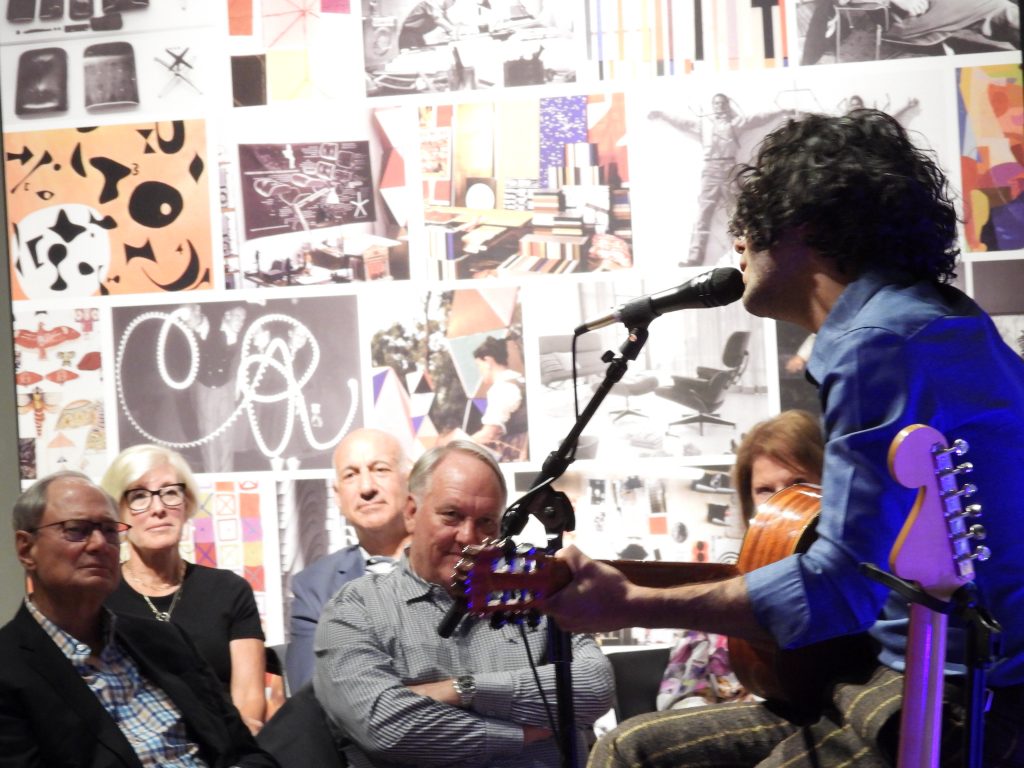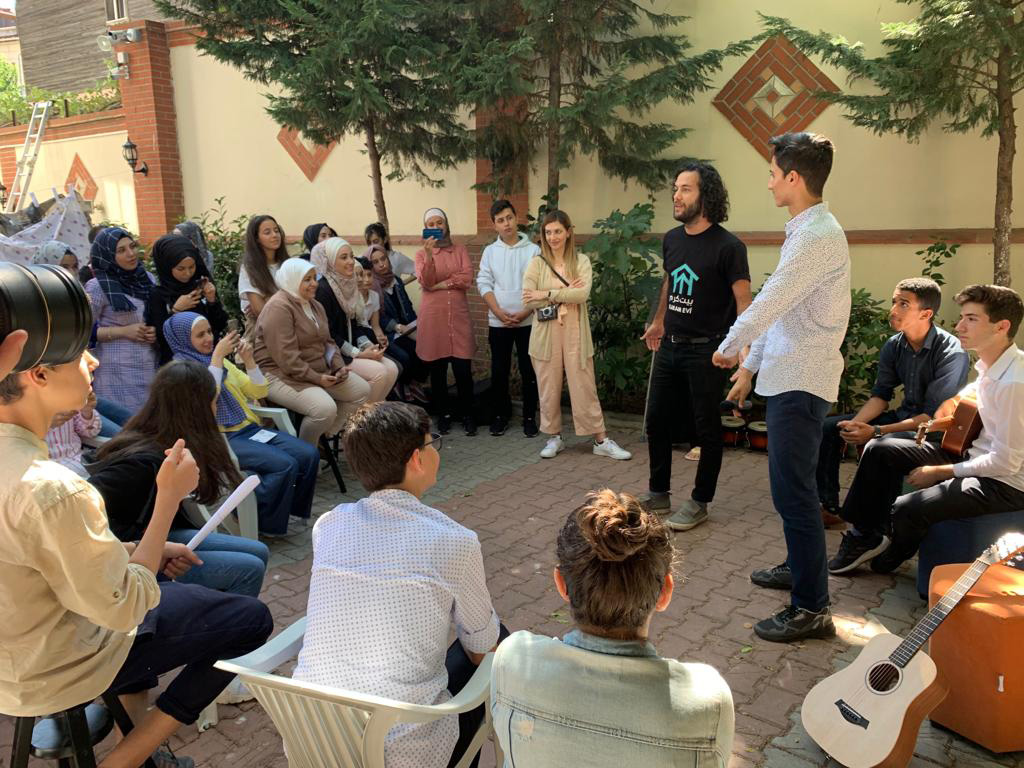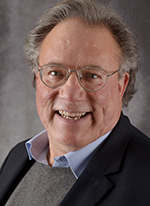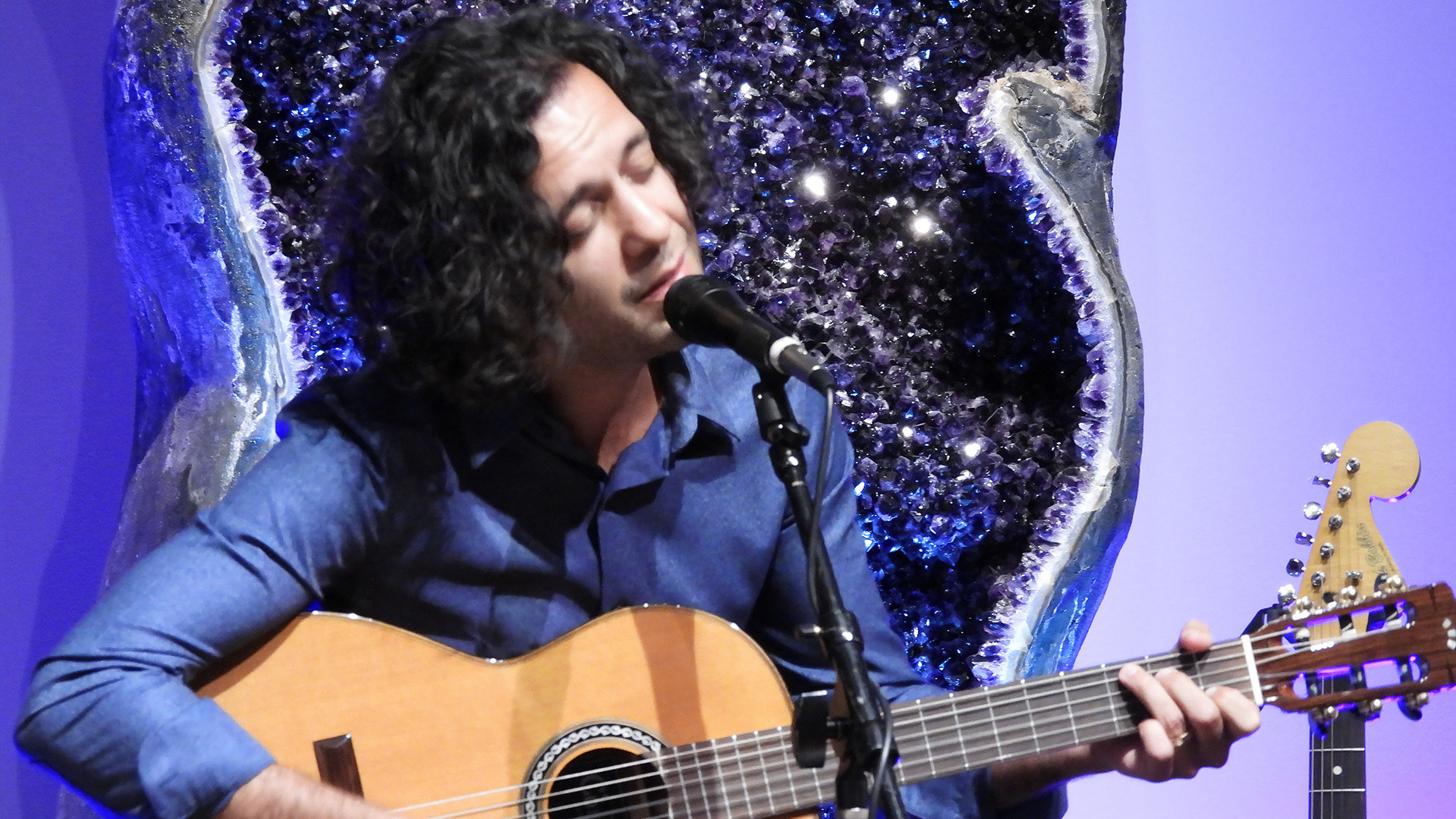Peoria native Joe Shadid is doing what he loves: writing songs and singing them for a growing audience
Like guitar strings, Joe Shadid’s musical roots stretch sturdily from his Peoria family tree.
The orchestra has included a piano-tinkling grandma, a CD-playing mom, a Beatles-loving brother and countless record-spinning relatives. Also in the mix was a guitar-giving Santa Claus and a hummus-blending grandfather.


‘He Has a Rarity in Music: A Steady Paycheck’
— New York Times
Like a medley, all of those parts — even the hummus — joined to become the foundation of a career for the 35-year-old musician, composer and singer. The Chicago transplant’s multiple avocations and achievements prompted no less than the New York Times to publish a short bio headlined, “He Has a Rarity in Music: A Steady Paycheck.” In large measure, the piece was a hat tip to Shadid’s versatility in a volatile industry.
“The music business is always twisting and turning,” Shadid said. “If you’re flexible enough to go with it, some interesting things can happen.”
Those interesting things include a solid reputation for work as a touring guitarist and solo artist; two folk/Americana albums, Beautiful Dreams and Golden Afternoon; years of video tutorials on the popular online music-gear marketplace Reverb.com; concerts across the globe, including one last month in his hometown, at the Peoria Riverfront Museum; further writeups, including articles in Guitar Player and People magazines; and an Emmy nomination for scoring a TV docuseries.
Becoming Joe George
For much of that work, Shadid goes by his professional name of Joe George. The latter is not only his middle name but also the first name of two of his favorite people: paternal grandfather George Shadid, the late Peoria County sheriff and state senator, and Georgie Shadid, his late uncle.
The surname Shadid, though common enough to earn correct pronunciation in and around Peoria, often gets mangled elsewhere. Thus, the birth of Joe George.
“It was just easier to pronounce,” Shadid said.
His paternal grandparents provided much of his early exposure to music. During visits to their home, Grandma Lorraine often would play classical music on her piano.
Meantime, just about every day, his music appreciation widened at his childhood home in the Peoria neighborhood The Knolls. There, his mother Jane would play records and CDs (The Beatles, Crosby, Stills & Nash), while her relatives would drop by and request older pop (Henry Mancini, Perry Como).
Said mother Jane Shadid: “In the household I grew up in, and the household my children grew up in, there was always music playing.”
Little Joe took in all the sounds, but his ears especially perked up whenever The Beatles came on. When he was 5, he decided listening to music wasn’t enough: He wanted to play it. For that Christmas, he asked for a guitar.
And Santa delivered.
“I just wanted to learn those Beatles songs,” Shadid said.
‘He was rock ‘n’ roll. I wanted to be like that’
As he got older, Shadid wanted more Beatles, more music. When he was about 9, he and brother Jim, 18 months his senior, stared longingly at the nearby Coconuts record shop at Sheridan Village. The problem: It was on the other side of Sheridan Road, a busy thoroughfare their parents had forbidden them to cross.
“It’s so close,” they’d say to each other, peering across traffic from The Knolls. “It’s right there.”
One day, their pockets stuffed with meager funds, they waited until there was no traffic, then dashed across Sheridan. Opening the front door to the record store, they entered a new and wonderous world, one filled with endless CDs.
That first day, Joe bought A Hard Day’s Night, while Jim opted for another Beatles’ soundtrack, Help! They’d return often, sometimes going for offerings by ‘90s acts such as Soundgarden and Stone Temple Pilots, but they’d routinely buy more Beatles albums.
As a teen, Shadid got serious about the guitar. He headed to Flores Music, where he took lessons from Danny Greuter. A gigging guitarist, Greuter looked the part, with long blond hair and legit rock swagger.
“He was a pretty big influence,” Shadid said. “He was rock ‘n’ roll. And I wanted to be like that.”
Greuter, now 63, still teaches guitar at Flores – and still has the long hair.
“Joe was just a great kid,” Greuter said. “He practiced and worked hard.
“I just love that he’s taken my influence and turned it into his own space. I couldn’t be prouder. I feel like a Japanese sensei.”
‘A wild time’
As a teen many years earlier, Greuter had played guitar on the streets and in the bars of Peoria. Shadid would follow in those footsteps, with bands outside and inside Kelleher’s Irish Pub & Eatery. His parents would drop him off, then pick him up later – though not on school days at Richwoods High School.
‘Omigosh! How is this going to work?’
— Mom Jane Shadid
His post-graduation plans did not follow the workaday routines of his two biggest influences: his paternal grandfather, who before politics had long worked as a Peoria cop; and his father, James Shadid, an attorney who later became a state and federal judge.
Instead, Joe Shadid told his parents that he wanted to keep playing his guitar – for a living. They supported his dream but worried about his ability to pay bills.
With a chuckle, his mother recalls her immediate reaction: “Omigosh! How is this going to work? It’s not a 9-to-5 job!”
To help learn the financial aspects, he attended the Berklee College of Music, in Boston. He stayed three years before leaving early to tour professionally.
“He absolutely loves what he is doing.,” his mother said. “How do you put a price on that?”
‘Grandpa George did not use any fancy ingredients. His secret was simplicity’
— Joe Shadid
About 13 years ago, Shadid decided to relocate to Chicago, where he got noticed in part for his tutorials on Reverb.com. In fact, at a Reverb trade show, he was recognized by Rex Brown, bassist for the metal band Pantera, who introduced himself to Shadid. They struck up a friendship over music, and Brown invited Shadid to join his new band on a European tour.
“It was a great learning experience. And a great time,” Shadid said before pausing, then adding with a laugh. “And, sometimes, a wild time.”
Keep it simple, listen to your heart
Meantime in Chicago, he has been expanding his skill set to include piano and bass, as well as the scope of his work. In addition to releasing two albums, he scored the music for Seeing Brave, a 2017 docuseries on three women transforming lives during crises, earning him an Emmy nomination.
Two years later, he volunteered for the Karam Foundation, which assists Syrian refugees. He spent two weeks in Turkey, teaching music to children.
“It was just an amazing experience,” he said. “It was just absolutely wonderful to contribute and to just be part of this journey with these kids.”

His next big adventure was strictly personal: In 2020, Shadid wed Lauren Powell, a Chicago doula who also dabbles in acting and playwriting — and occasional singing.
“Sometimes at shows, we’ll sing together,” he said.
Shadid continues to explore the oft-choppy waters of the musical business, which he navigates with a relaxed hand on the wheel.
“From a business standpoint, it’s a terrible business,” he said. “There’s a lot of happenstances. There’s a lot of risk.”
When he composes, he pushes all those realities aside. That is where his grandpa’s hummus comes in. Grandpa George did not use any fancy ingredients. His secret was simplicity, just approaching the task with a steady hand.
Joe Shadid does likewise with his own hummus — “Sometimes it’s as good as my grandfather’s,” he said with a laugh — along with his music. Keep it simple.
“It’s about listening to my heart and doing what’s right,” he said





